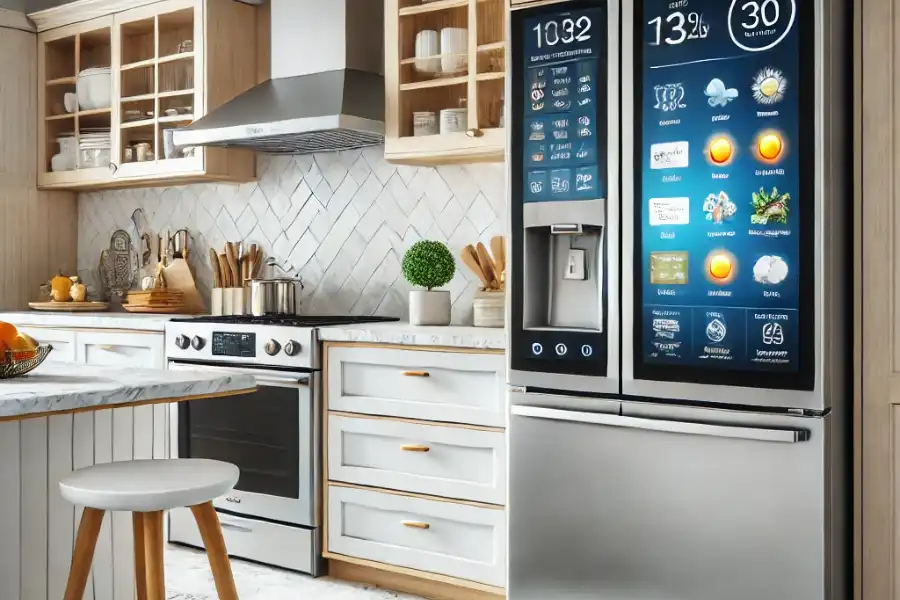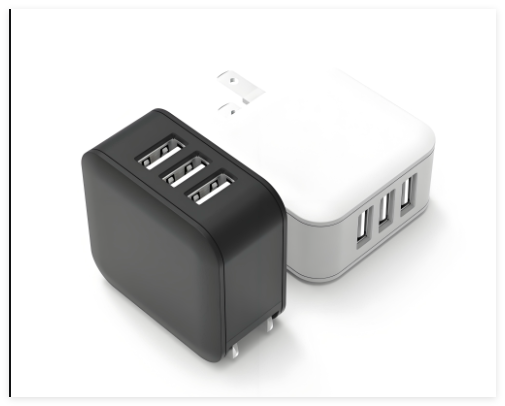Smart Refrigerators 101: Your Modern Kitchen Assistant

What is a Smart Refrigerator?
A smart refrigerator, as the name suggests, is a refrigerator equipped with intelligent features. These refrigerators not only provide traditional cooling and freezing functions but also incorporate modern technology, utilizing the Internet and the Internet of Things (IoT) to offer remote control and smart management. Smart refrigerators typically come with touchscreens, Wi-Fi connectivity, and even support voice assistants like Alexa and Google Assistant, allowing users to monitor and control them via mobile apps.
Advantages and Disadvantages of Smart Refrigerators
Advantages
- Remote Control: With a mobile app, users can adjust the refrigerator’s temperature, check the contents, and receive expiration alerts while away from home.
- Smart Management: Smart refrigerators can automatically record and analyze the types and quantities of food inside, providing recipe suggestions to help users plan their meals more scientifically.
- Energy Efficiency: Some smart refrigerators have energy-saving modes that adjust the temperature based on the amount of food and door-opening frequency, reducing energy consumption.
- Multimedia Entertainment: Some smart refrigerators come with large touchscreens that can play music, videos, and browse the web, adding entertainment and interactivity to the kitchen.
Disadvantages
- High Cost: Due to the integrated high-tech features, smart refrigerators are generally more expensive than traditional ones.
- Complex Repairs: The complexity of smart refrigerators increases the difficulty of repairs, leading to higher repair costs.
- Privacy Concerns: Smart refrigerators need to connect to the internet, posing potential privacy and data security risks.
How to Choose the Right Smart Refrigerator?
1. Determine Your Needs
Before purchasing a smart refrigerator, identify your needs. If you only require basic cooling and freezing functions, a simple smart refrigerator will suffice. If you want the refrigerator to manage ingredients and provide recipe suggestions, opt for a model with more comprehensive features.
2. Consider Brand and After-Sales Service
Choose reputable brands for better after-sales service. Well-known brands like Samsung, LG, Haier, and Midea have good reputations and technical support in the smart refrigerator market.
3. Focus on Practicality
Some smart features might be flashy but impractical. Pay attention to those functions that truly benefit daily life, such as remote control and smart reminders.
Major Brands in the Market
1. Samsung
Samsung offers a wide range of smart refrigerators, from mid-range to high-end models, featuring robust multimedia functions and smart management systems.
2. LG
LG is known for its excellent design and reliable performance, supporting multiple smart home platforms with strong compatibility.
3. Haier
Haier is a leading brand in the domestic smart refrigerator market, offering comprehensive features at relatively affordable prices, suitable for the general public.
4. Midea
Midea focuses on smart management and energy efficiency, providing various energy-saving modes and smart reminder functions.
Additional Information: Common Questions About Smart Refrigerators
1. How is the security of smart refrigerators ensured?
Smart refrigerators have made significant efforts to ensure food safety and data privacy. Most smart refrigerators are equipped with multiple encryption technologies and permission management features, allowing users to set multiple layers of password protection to ensure data security.
2. Do smart refrigerators consume more electricity?
Although smart refrigerators integrate many high-tech features, they usually come with energy-saving modes. By intelligently adjusting temperature and power consumption, their actual energy use is not significantly higher than traditional refrigerators, and may even be lower.
3. What is the lifespan of a smart refrigerator?
The lifespan of a smart refrigerator is similar to that of a conventional one, typically 10-15 years. However, the smart features might face issues after many years of use, so regular maintenance and software updates are essential.





Post Comment